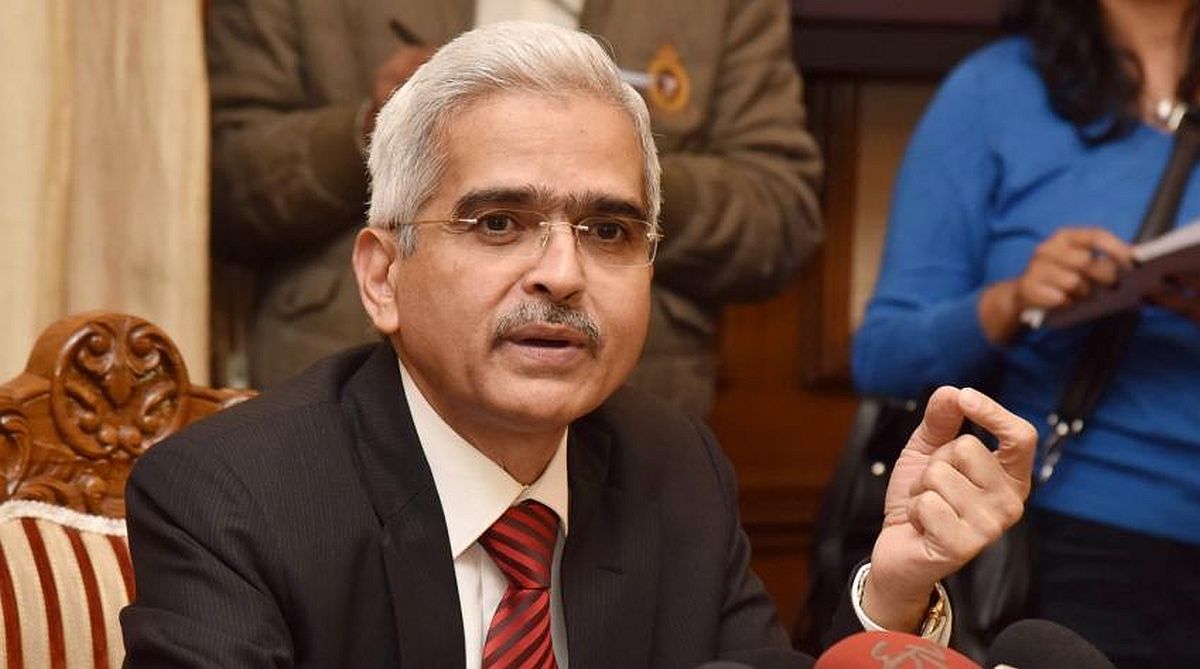Mohanlal, Shreya Ghoshal, and others join PM Modi’s call to tackle obesity
PM Modi's initiative encourages Indians to reduce cooking oil consumption by 10% to tackle rising obesity. Celebrities, athletes, and leaders are joining the movement.
Das replaces Urjit Patel who resigned on Monday in an abrupt move that follows days of a bitter row between the central bank and the central government over surplus reserves.

Shaktikanta Das (File Photo: IANS)
Former finance secretary and current member of the 15th finance commission Shaktikanta Das was on Tuesday appointed the new governor of the Reserve Bank of India, a government statement said.
Das, who retired as Economic Affairs Secretary in May 2017, has been appointed for a term of three years.
Advertisement
He replaces Urjit Patel, who surprisingly resigned from the central bank Monday.
Advertisement
Reserve Bank of India (RBI) Governor Urjit Patel resigned on Monday in an abrupt move that follows days of a bitter row between the central bank and the central government over surplus reserves.
Read | Urjit Patel resigns as RBI Governor; PM Modi hails him as economist of very high calibre
Patel, whose term was to end on September 2019, thus became the first RBI Governor since 1990 to resign from his post.
“On account of personal reasons, I have decided to step down from my current position, effective immediately,” he said in a statement.
“It has been my privilege and honour to serve in the RBI in various capacities over the years,” Patel said.
Patel, 55, had succeeded Raghuram Rajan as the Governor of RBI on 4 September 2016.
Following his resignation, Finance Minister Arun Jaitley said that the government acknowledges Patel’s services to the country.
Prime Minister Narendra Modi also praised Patel as “an economist of a very high calibre” who “steered the banking system from chaos to order and ensured discipline”.
The RBI and the central government had a rift over the issue of bad loans and appropriate size of reserves that the central bank must hold.
In a 9-hour-long meeting between the government and the RBI on 20 November, the two sides had agreed to refer to an expert committee the contentious issue of reserves, while restructuring of stressed loans of small businesses would be considered by the central bank.
Advertisement